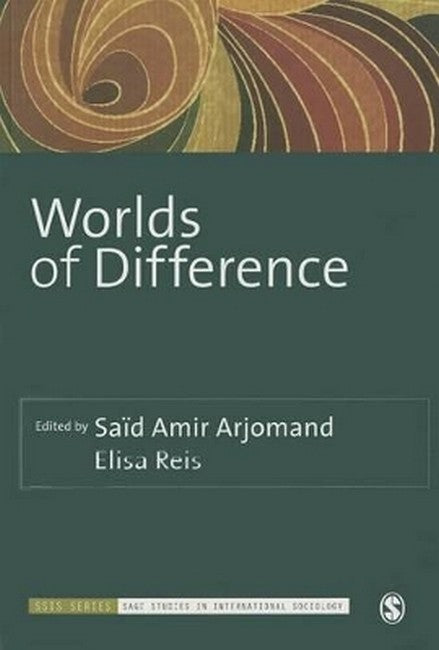Said Amir Arjomand (Ph.D, University of Chicago, 1980) has been at Stony Brook since 1978, and is currently the Editor of the Journal of Persianate Studies. Arjomand is the author of The Shadow of God and the Hidden Imam: Religion, Political Organization and Societal Change in Shi'ite Iran from the Beginning to l890, the University of Chicago Press, l984; The Turban for the Crown. The Islamic revolution in Iran, Oxford University Press, 1988; and After Khomeini, Iran under his Successors, Oxford University Press, 2009. His article, "Constitutions and the Struggle for Political Order: A Study in the Modernization of Political Traditions," European Journal of Sociology/Archives europeennes de sociologie,, 33.4 (1992), won the Section's Award for the Best Essay in Comparative and Historical Sociology in 1993. This was followed by "The Law, Agency and Policy in Medieval Islamic Society: Development of the Institutions of Learning from the Tenth to the Fifteenth Century," Comparative Studies in Society and History, 41.2 (1999). He had recently edited two books on comparative constitutionalism: Constitutionalism and Political Reconstruction, Brill, 2007, and Constitutional Politics in the Middle East, Hart Publishing, 2008. Professor Arjomand was the Crane Inaugural Fellow in Law and Public Policy at the Woodrow Wilson School, Princeton University, and a Carnegie Scholar (2006 - 2008). Arjomand is concurrently Director of the Stony Brook Institute for Global Studies, guiding its project on the integration of social theory and regional studies, and has edited its first volume, Social Theory and Regional Studies in the Global Age, SUNY Press (forthcoming). He also helped organized the Thematic Plenaries on "Worlds of Difference" at the World Congress of Sociology in Gothenburg, Sweden, in July 2010, and is the co-editor of a volume under the same title to be published by Sage.
Request Academic Copy
Please copy the ISBN for submitting review copy form
Description
Introduction to Worlds of Difference - Said A. Arjomand & Elisa Reis PART I: ONE OR MANY MODERNITIES? Chapter 1: Multiple Modernities and the Promise of Comparative Sociology - Said Amir Arjomand Chapter 2: Are the Theories of Multiple Modernities Eurocentric? The Problem of Colonialism and its Knowledge(s) - Sujata Patel Chapter 3: The Shores of the Southern Ocean - Steps Toward a World Sociology of Modernity, with Australian Examples - Raewyn Connell Chapter 4: Conceptualizing Overlapping Modernities - A View from Postcommunist Eastern Europe - Petya Kabakchieva Chapter 5: Forms of Secularity Before Secularism - The Political Morality of Ashoka and Akbar - Rajeev Bhargava Chapter 6: Two Types of Secularization - The Iranian Case - Farhad Khosrokhavar PART II: DEMOCRACY, CITIZENSHIP, INEQUALITIES AND THE CHALLENGE OF DIFFERENCE Chapter 7: Racial Redress, National Identity & Citizenship in Post-Apartheid South Africa - Adam Habib and Kristina Bentley Chapter 8: Democracy and the Challenge of Reconciling Equality and Difference - Elisa Reis Chapter 9: Suffrage without Citizenship? Deliberating About the Boundaries of the Demos in Geneva - Connor Cradden and Lucio Baccaro Chapter 10: Contemporary Citizenship - Four Types - Bryan S. Turner Chapter 11: Gradual and Categorical Inequalities - Volker Schmidt
This book explores new avenues in the comparative sociology of contemporary societies. "Worlds of difference" aims to overcome the barren opposition between an ill-defined neo-modernization approach and the theory of multiple modernities, which is ridden with conceptual difficulties. Its detailed analyses of cases and aspects of contemporary modernity open new ways of understanding similarities and differences, convergence and persistent diversity in the current world. -- Peter Wagner

